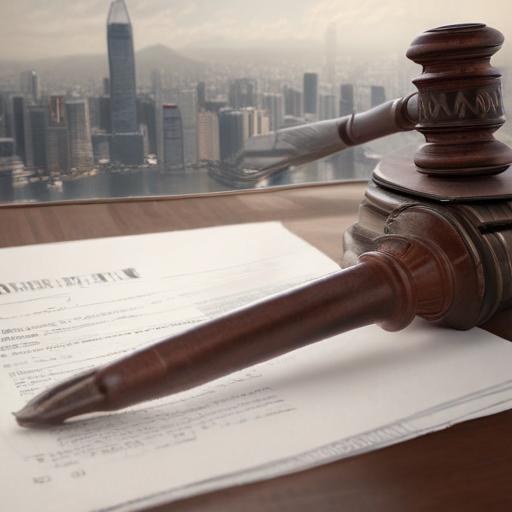Hong Kong — The final stage of Jimmy Lai’s landmark sedition trial saw his defense arguing that supporting freedom of expression can be legitimate and that urging the government to change policy is not inherently wrong.
Barrister Robert Pang, representing Lai, told the court that it is permissible to hope for policy changes and to try to persuade the government through internal mechanisms or external pressure, and that loving a particular administration or even a country does not have to be incompatible with dissent. Pang also contended that the prosecution has treated human rights as an alien concept.
The case centers on Lai’s alleged role in colluding with foreign forces to endanger national security and in formulating a conspiracy to publish seditious material. Prosecutors have deemed 161 Apple Daily articles as seditious, a claim Pang challenged by arguing that those pieces were simply reporting, constituting a small portion of the newspaper’s output. The judge, Esther Toh, emphasized that the court is evaluating the content of the articles themselves rather than counting how many items exist, noting that it is not a mathematical exercise.
Prosecutor Anthony Chau closed his arguments by portraying Lai as the mastermind behind a broader conspiracy linked to foreign influence, and he suggested Lai’s testimony during the trial lacked credibility.
The trial has stretched for about 150 days, with no fixed date yet set for a verdict. Lai, 77, has remained in court appearances despite ongoing health concerns. Earlier this week Pang disclosed that Lai experienced heart palpitations and required medical attention, with a heart monitor being provided. Hong Kong authorities reported that a medical examination found no abnormalities and that Lai’s care in custody was adequate.
The case, brought under the national security framework imposed by Beijing after the 2019 protests, has drawn international attention as a potential barometer of Hong Kong’s judicial independence and press freedom. Lai’s defense argues that the right to express views and to report, even if controversial, should be protected within the bounds of due process.
Commentary and observations from supporters and observers suggest that the outcome could have lasting implications for media freedom and the city’s political climate, underscoring the ongoing tension between national security concerns and civil liberties in Hong Kong.
Summary: The closing arguments framed the debate around freedom of expression and the boundaries of reporting, amid questions about national security, the press, and the rule of law in Hong Kong as Lai awaits a verdict in a high-profile sedition case. The court will resume proceedings, with Lai’s health and the evidentiary questions continuing to shape the path to a verdict.
